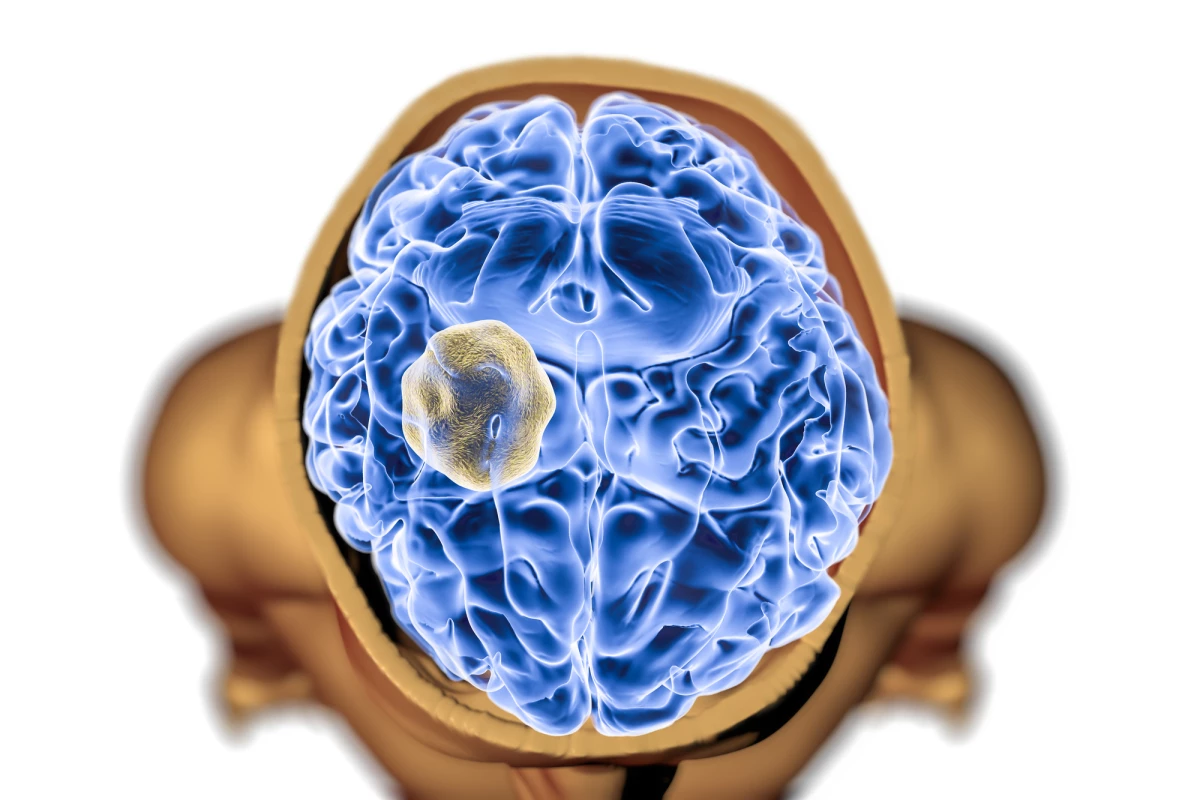Brain cancer carries notoriously high mortality rates, but lately we’re seeing how blood tests could improve patient outcomes by picking up the disease in its earlier stages. The latest comes in the form of a highly sensitive biosensor likened to a “deep surveillance” system, which can detect and pinpoint the location of tumors from less than a drop of blood.
Scientists have started to make some promising inroads when it comes to blood tests for cancer, which promise an accurate and minimally-invasive form of diagnosis compared to tissue biopsies and imaging techniques. With respect to brain cancer specifically, we’ve seen some promising examples that can detect tiny DNA mutations shed by dying tumor cells in bodily fluids, and even distinguish one type of brain tumor from another.
The latest advance marks another step forward for the functionality of this kind of technology. A team of Canadian scientists has created an ultra-sensitive biosensor consisting of nickel-nickel-oxide nanolayers on a nickel chip, which can detect materials shed by tumors such as nucleic acids, proteins and lipids. Importantly, trace amounts of these materials are able to make it through the blood-brain barrier and circulate through the bloodstream.
Using just five microliters of blood, less than a drop, the biosensor is able to detect these materials and generate a type of molecular fingerprint for each sample. These unique profiles are then analyzed with a neural network – which is proving extraordinarily effective at detecting tumors, and also turning up some deeper insights.
Experimenting with their biosensor, the scientists were able to distinguish brain cancer from breast, lung and colorectal cancer with 100% specificity and sensitivity. They were able to discern primary brain tumors from secondary ones that had spread from the lungs or breast with a similar degree of success. In the most compelling demonstration of its precision, the team used the biosensor to determine which of nine brain compartments the tumor was in, with 96% accuracy.
In this way, the scientists liken their technology to “deep surveillance” system for brain cancer. While further work is needed for it to enter clinical use, the scientists imagine the blood test complementing existing therapies by helping physicians diagnose and monitor brain tumor progression, and better tailor treatments along the way.
The research was published in the journal ACS Nano.
Source: American Chemical Society




